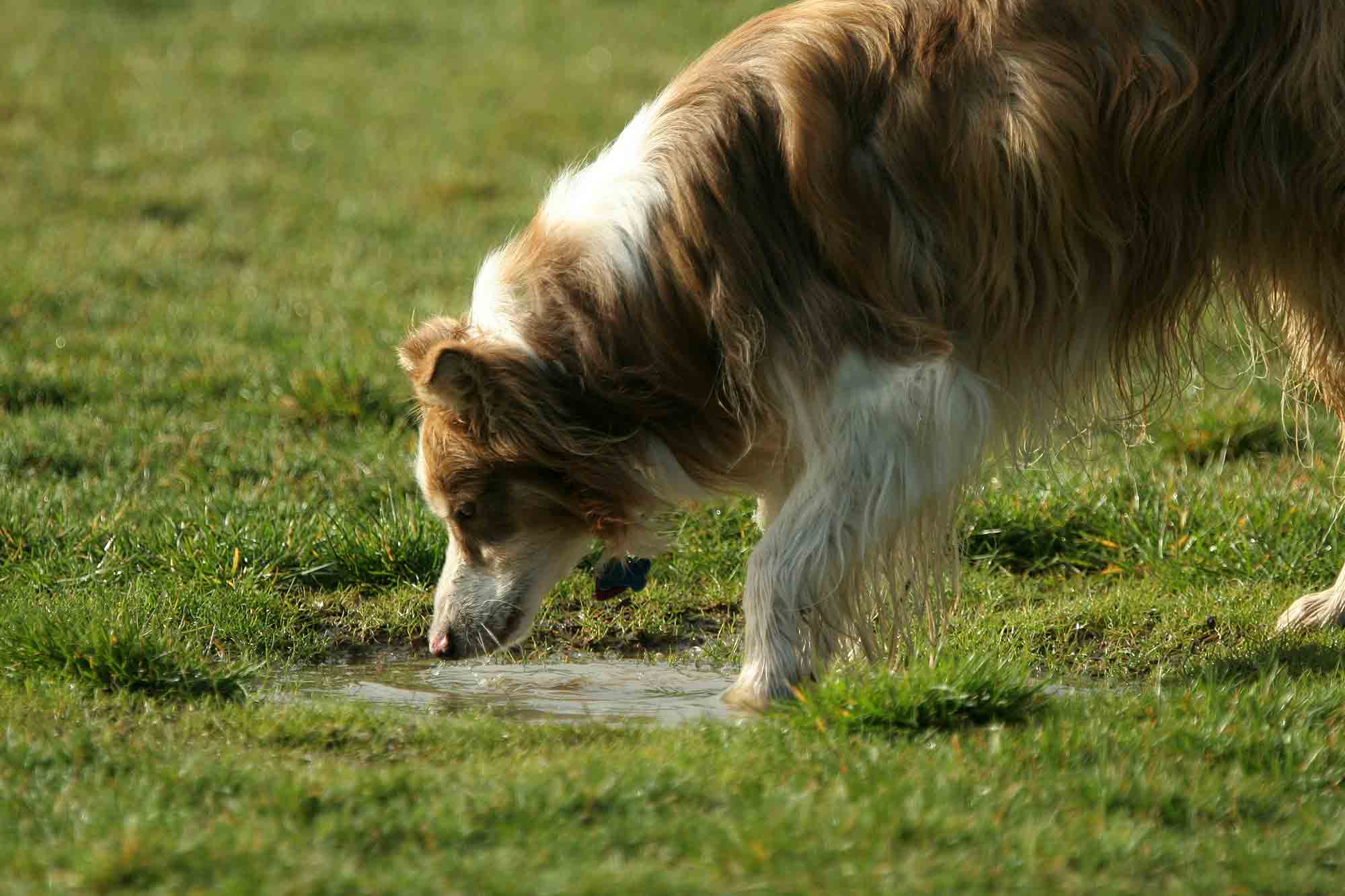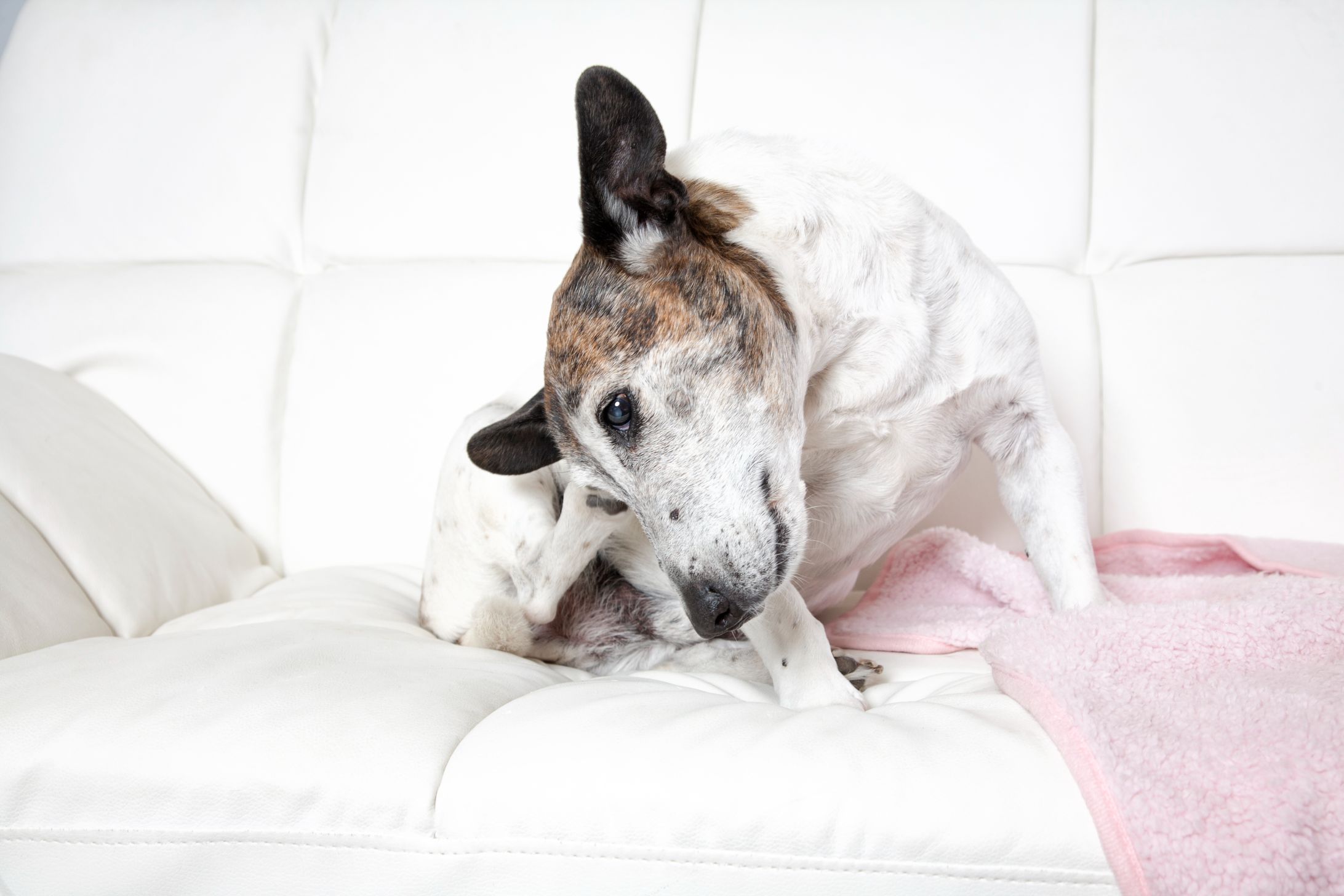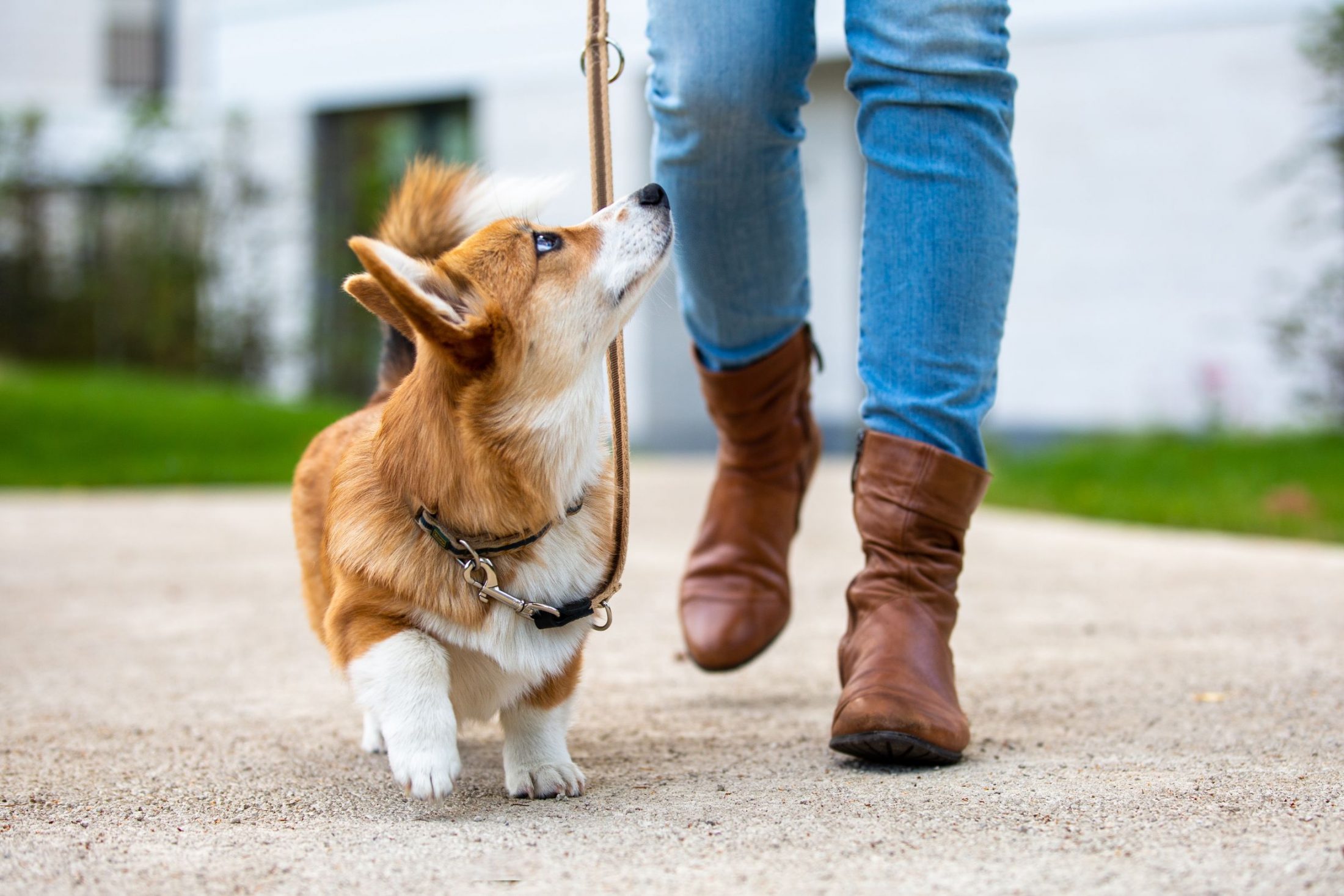 Leptospirosis in dogs started to receive attention in the 1980s, but in the decades since, this potentially serious zoonotic disease (and a leading cause of acute renal failure) has become a looming reason to fear the great outdoors. However, even dogs who aren’t fishing or hunting companions can contract it. As a result, preventing leptospirosis in dogs is a serious endeavor, and it’s one we give top priority to this time of the year.
Leptospirosis in dogs started to receive attention in the 1980s, but in the decades since, this potentially serious zoonotic disease (and a leading cause of acute renal failure) has become a looming reason to fear the great outdoors. However, even dogs who aren’t fishing or hunting companions can contract it. As a result, preventing leptospirosis in dogs is a serious endeavor, and it’s one we give top priority to this time of the year.
The Source
Leptospira bacteria, in its many strains, causes leptospirosis in dogs and may be spread through the following ways:
- Urine
- Contaminated soil or water
- Direct contact with an infected animal (while less common, reports are far from rare)
Leptospira bacteria can persist in the external environment for weeks or months. Once exposed to it, the bacteria penetrates the mucous membranes and begins to replicate in the circulatory system. Leptospira bacteria is then sustained in the kidneys of mammalian hosts.
Indiscriminate
All ages and breeds are susceptible to leptospirosis – not just dogs with a higher level of outdoor exposure. It is equally found in ponds and streams, as it is in backyard puddles or shared bowls at the dog park.
Climate, rainfall, and increased numbers of carriers, such as squirrels, raccoons, skunks, opossums, foxes, moles, deer, rats, and mice, add to the risk. Direct sunlight and freezing temperatures kill the bacteria.
Leptospirosis in Dogs
Depending on the dog’s age, general health, and the organs/body systems affected by the bacteria, symptoms range from subtle to severe, numerous or almost nonexistent. Please let us know if you observe any of the following:
- Fever
- Inappetance
- Dehydration
- Vomiting
- Lethargy
- Muscle pain
- Reluctance to move
Blood work is required to check red and white blood cells, including a chemistry panel to discern which organs are under attack, a urinalysis, and a lepto test.
From there, leptospirosis in dogs is treated with intravenous fluid therapy and antibiotics. If the kidneys have been seriously damaged by the bacteria, prognosis can be grim. Follow-up testing is critical, coupled with constant monitoring of recovery process.
Annual vaccination greatly reduces the risk of exposure in the environment, as well as the severity of symptoms. Please let us know if you’d like to discuss this at your dog’s next wellness exam.
Highly Infectious
Whether it’s directly from their own dog or via the environment, people can contract leptospirosis. It isn’t shared between two people and it’s rare in cats. However, because symptoms can be severe, medical help is required.
Leptospirosis in dogs is less likely to spread to people once antibiotics are administered. There are certain precautions necessary to protect yourself and other family members, such as hand washing, cleaning up urine with bleach, and reducing close contact.
Don’t Wait ‘Til It’s Too Late
At Summeridge Animal Clinic, we always have your dog’s best interest at heart. If you ever have any questions or concerns, please let us know!



